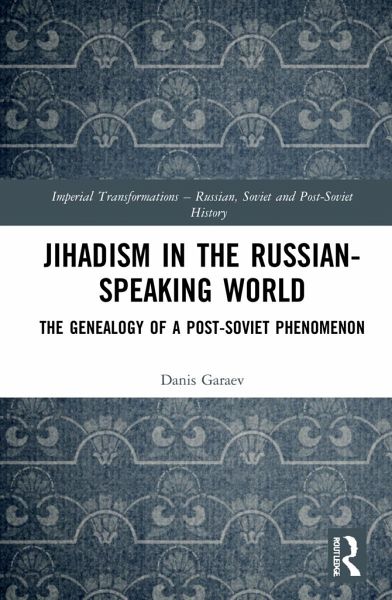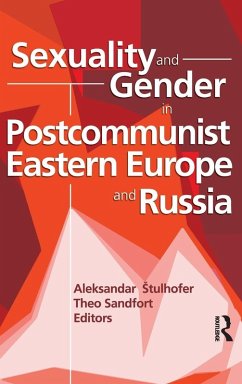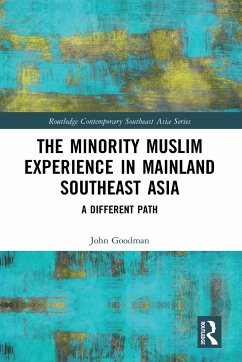
Jihadism in the Russian-Speaking World
The Genealogy of a Post-Soviet Phenomenon
Versandkostenfrei!
Versandfertig in 1-2 Wochen
167,99 €
inkl. MwSt.
Weitere Ausgaben:

PAYBACK Punkte
84 °P sammeln!
This book contends that the discourses of jihadism in Russia's North Caucasus, and their offshoots in other parts of the Russian Federation, are not just reflections of jihadi ideologies that came from abroad, rather that post-Soviet jihadism is a phenomenon best understood when placed in the broader cultural environment in which it emerged, an environment which comprises the North Caucasus, the whole of Russia, and beyond. It examines how post-Soviet jihadism is also part of global processes, in this case, global jihadism, explores how post-Soviet jihadism bears the imprint of the preceding S...
This book contends that the discourses of jihadism in Russia's North Caucasus, and their offshoots in other parts of the Russian Federation, are not just reflections of jihadi ideologies that came from abroad, rather that post-Soviet jihadism is a phenomenon best understood when placed in the broader cultural environment in which it emerged, an environment which comprises the North Caucasus, the whole of Russia, and beyond. It examines how post-Soviet jihadism is also part of global processes, in this case, global jihadism, explores how post-Soviet jihadism bears the imprint of the preceding Soviet context especially in terms of symbols, discursive tools, interpretational frameworks, and dissemination strategies, and discusses how, ironically, Russian-speaking jihadism is an expansionist idea for uniting all Russian regions on a supra-ethnic principle, but an idea that was not born in Moscow or St. Petersburg. Overall, the book demonstrates that Russian-speaking jihadism is a completely new ideology, which nevertheless has its origins in the intellectual and cultural heritage of the Soviet era and in the broader trends of post-Soviet society and culture.














